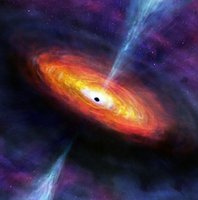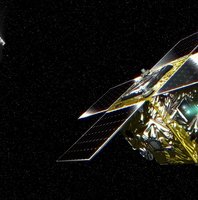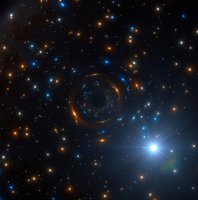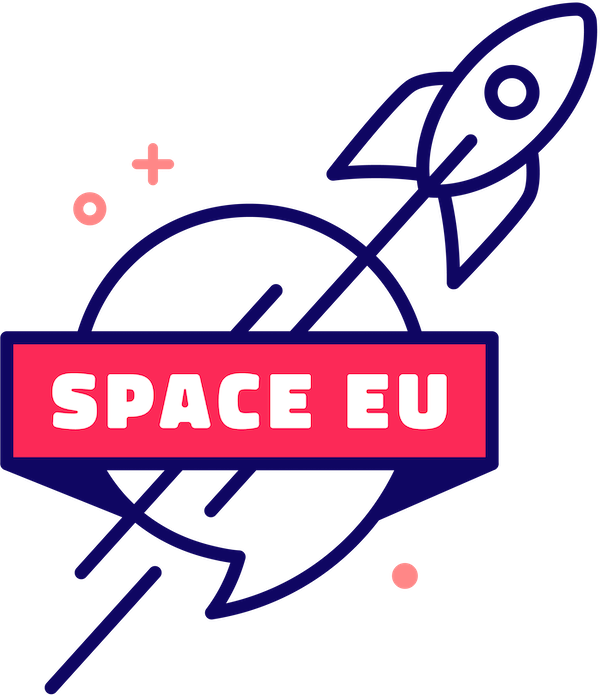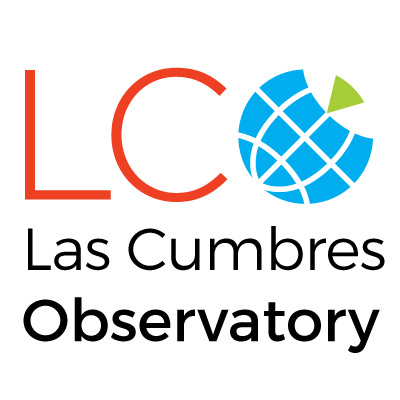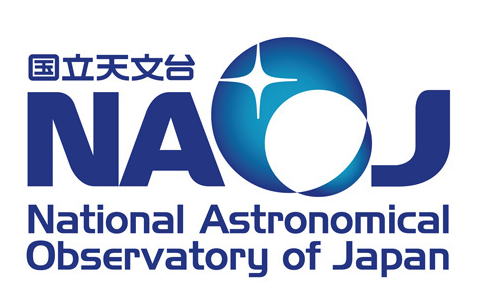The largest exo-planet ever discovered was given the very catchy name 'CD-35 2722'. This giant planet is over 10,000 times larger than Earth!
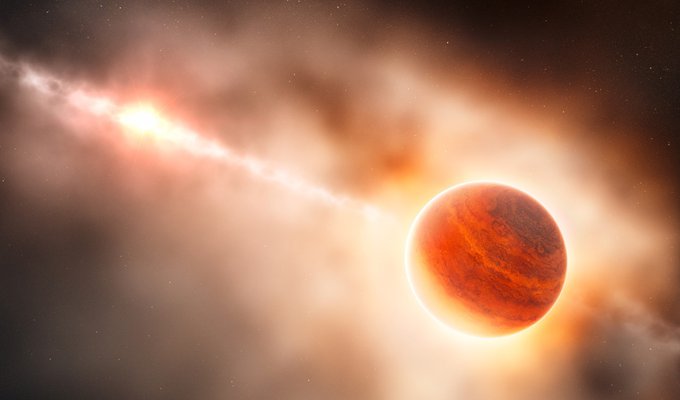
When a woman is pregnant, she's has to go for an ultrasound, where doctors look into her womb to check on the baby growing inside. Astronomers recently performed similar observations on a nearby star — by accident! While looking into the gassy disk surrounding the star, they were surprised to see a baby planet growing inside! For the first time a planet has been seen at such an early stage of its life. This picture is an artist’s impression of what the planet probably looks like up close.
Astronomers call planets outside our solar system 'exo-planets'. The search for exo-planets is one of the most exciting topics in astronomy at the moment. About 850 have been found so far, but photographing them directly like this is still very rare. This is because planets are much dimmer than stars and are usually drowned out by starlight. It’s like trying to spot an aeroplane passing in front of the glaring Sun.
This young star is already known to have one planet orbiting it about six times further than Earth is from the Sun. The new planet lies about 10 times further away! And while the planet is very young, it's definitely not small — astronomers estimate it's about the size of Jupiter, which could fit 1000 Earths inside it!
Astronomers think that giant planets grow by capturing some of the gas and dust remaining after a star has formed. The new observations support this: the planet lies deep in the disc of material surrounding the star, and there are many places were the planets and the star are still interacting directly.





